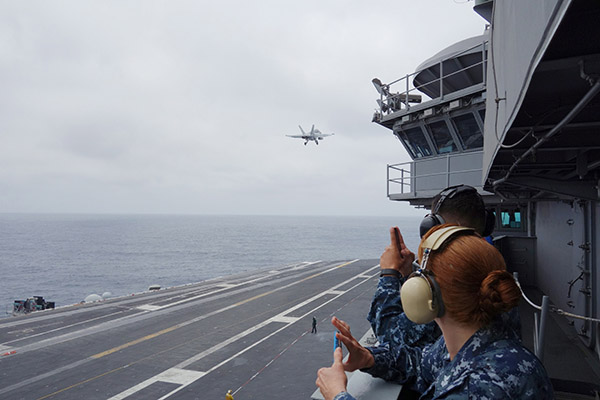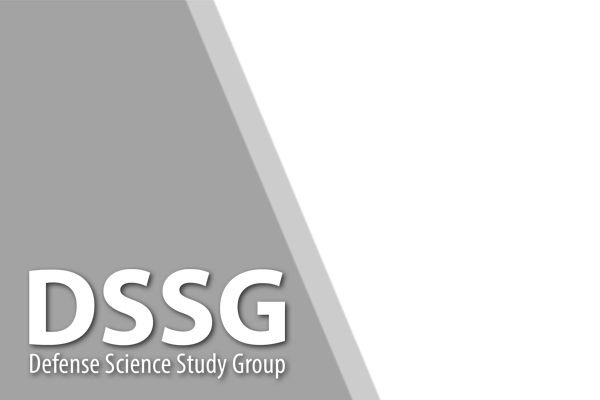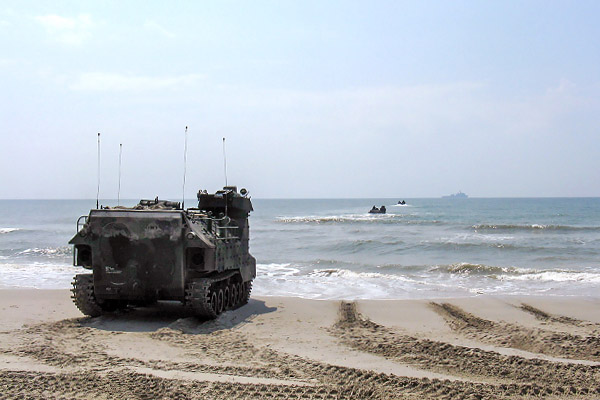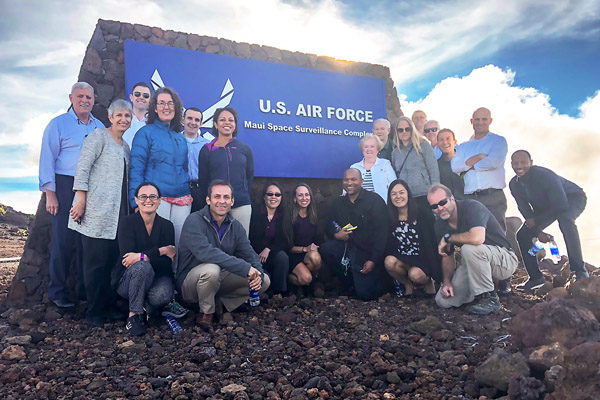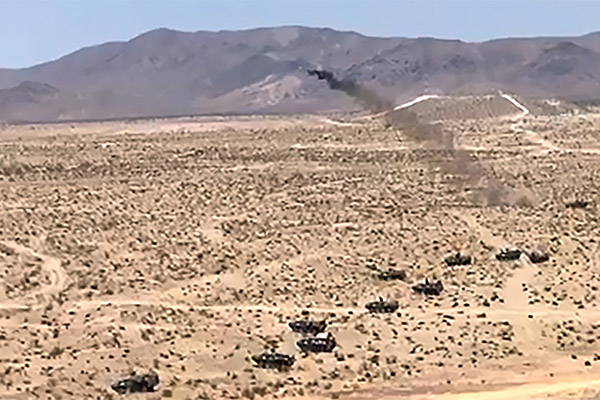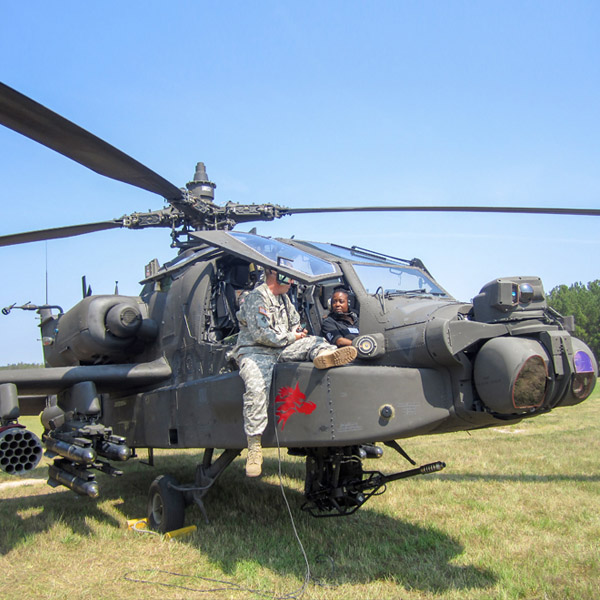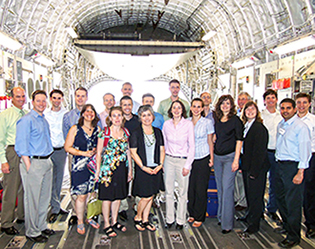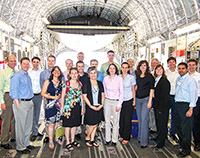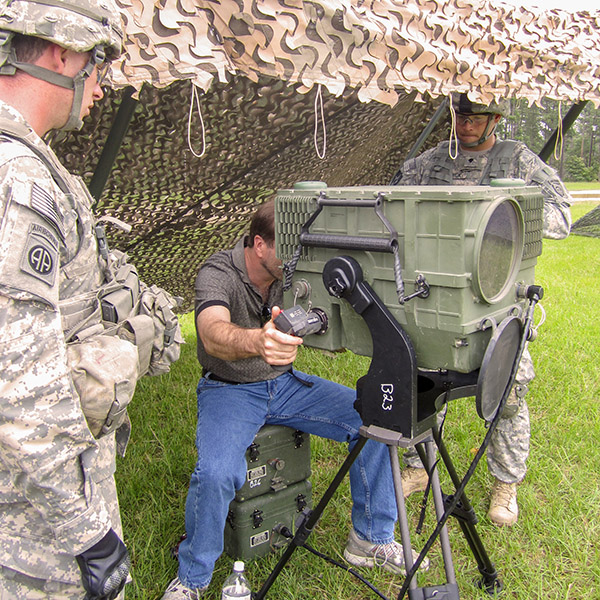
Gaining Insights into National Security
Technological advantage is fundamental to our Nation’s security. To achieve this advantage, amidst rapid change in technology opportunities and defense needs, it is crucial that strong links are developed between the national security community and emerging leaders in the fields of science and technology.
The DSSG seeks to convey to its members an understanding of these issues and an appreciation for the people involved in defending our Nation. The program also solicits new insights from members and helps facilitate their continuing involvement with the complex technical challenges of safeguarding the United States.
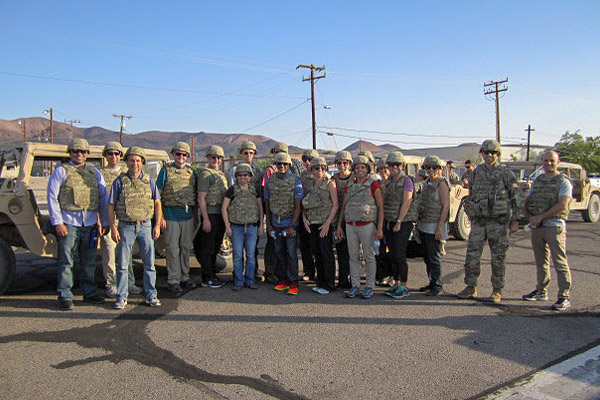
Selecting New Members
IDA solicits nominations from senior leaders within major universities and from DSSG mentors, advisors, alumni, and current members. Because participation in the DSSG requires acquisition of a security clearance, all members must be U.S. citizens. Selection is based on academic excellence, breadth of interests, references, consideration of discipline, and geographic distribution. Typically members of each class are selected from more than 150 extremely well qualified scientists and engineers.
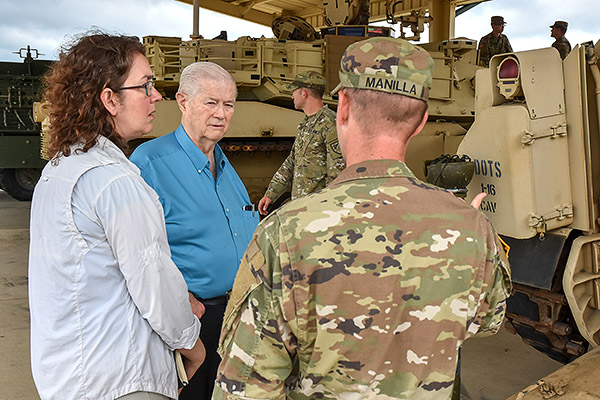
Mentors and Advisors Providing Guidance
A group of mentors and advisors who have distinguished careers in the military, Government, industry, or academia are closely associated with the DSSG. They help guide IDA’s and ASD(S&T)’s conduct of the program, recommend study topics, counsel and work with the members on their studies, help provide access to places and organizations involved with U.S. security, and suggest ways for alumni to become more involved with national security matters.
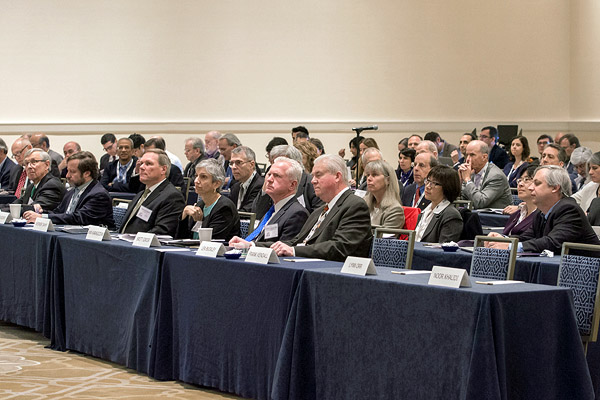
Alumni – Reaping the Benefits
The DSSG program is an investment in the future. There are more than 200 alumni, and IDA and ASD(S&T) endeavor to ensure that each is offered continuing opportunities for involvement in areas of national security. Many engage in service as advisors, consultants, members of boards, study groups, and task forces for organizations that address technological problems of national importance.
Overview of the Two Year DSSG Program
Each group meets for two years for approximately 20 days per year, divided into two week-long sessions each summer and two three-day sessions each academic year. During these eight sessions, members focus on defense policy, related research and development, and the systems, missions, and operations of the armed forces and the intelligence community.
The first session, held at IDA’s headquarters in Alexandria, Virginia, provides members with an overview of the DSSG program. Prominent individuals from the defense and national security arenas, IDA researchers, DSSG mentors, and alumni introduce new members to the defense establishment, the current national security environment, and the role science and technology plays in that environment. Members visit the Pentagon’s National Military Command Center, are briefed by such senior Pentagon officials such as the Chairman of the Joint Chiefs of Staff, and meet with national security professionals within the Executive Office of the President.
The second session includes members’ first foray into “the field.” Members visit Army, Navy, Marine Corps, and Joint Command facilities on the East Coast. This session has included visits to the II Marine Expeditionary Force at Camp Lejeune, the 82nd Airborne Division at Fort Bragg, U.S. Central Command and U.S. Special Operations Command, and Offutt and Peterson Air Force Bases.
The third session focuses on Army, Navy, Marine and Air Force installation tours on the West Coast and in the Midwest. Past trips have included visits to Nellis, Creech and Edwards Air Force Bases; Fort Irwin National Training Center, Third Fleet, Submarine Group 9 and Marine Corps Air Ground Combat Center at Twentynine Palms.
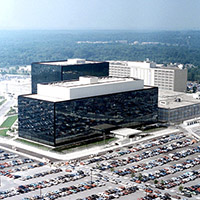
The fourth session includes visits to intelligence agencies in the Washington, DC, area. Prior classes visited the Office of the Director of National Intelligence, Central Intelligence Agency, National Security Agency, National Counterterrorism Center, Defense Threat Reduction Agency, and the National Geospatial-Intelligence Agency.
During the fifth session, also held in the Washington, DC area, members discuss their initial ideas for research “think pieces” and meet with key members of the U.S. House of Representatives, the U.S. Senate, and with other senior Government officials involved in national security. They have also visited the U.S. Army Medical Research Institute of Infectious Diseases (USAMRIID), the Army Research Laboratory and Johns Hopkins Applied Physics Laboratory.
In the sixth session, DSSG members tour national laboratories. DSSG members visited the Air Force Research Laboratory, Lawrence Livermore, Sandia, and Los Alamos National Laboratories.
In the seventh session, members take advantage of the resources available to them at IDA and visit defense and Government offices in the Washington DC area to advance their research. They also visit additional defense related laboratories such as the Naval Research Laboratory and MIT Lincoln Laboratory.
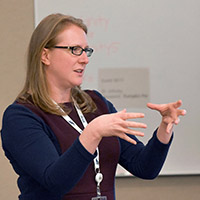
During the eighth and concluding session of the program, members present the results of their “think pieces.” They are also briefed by representatives of Government study boards, including the Defense Science Board, the Air Force Scientific Advisory Board, the Army Science Board, the Naval Studies Board, JASON, and the Information Science and Technology panel. Representatives from these boards provide an overview of their group’s activities and future projects, as well as explaining how members can participate in the work done by these defense advisory organizations.
DSSG Nominations
The nomination process for DSSG 2027‐2028 will begin in the fall of 2025. Forward your resume or CV and a letter of recommendation from your Provost, Dean or Defense Science Study Group Member, Mentor, Alumni or Advisor, through the following mail or email address:
Institute for Defense Analyses
ATTN: DSSG Nominations
730 East Glebe Rd.
Alexandria, VA 22305
Email: dssg@ida.org


